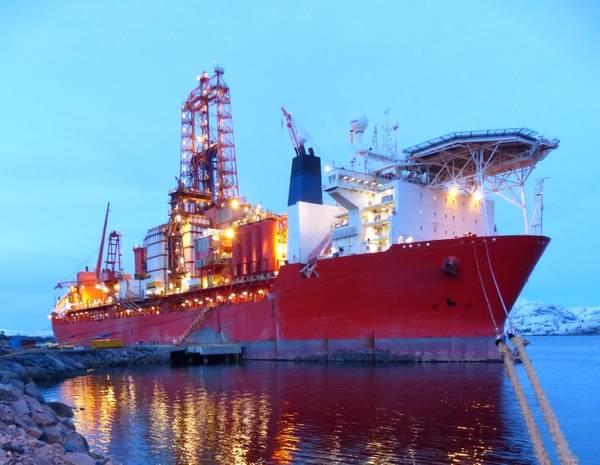
ADC Energy, an Aberdeen-based offshore rig inspection firm, has announced the completion of a trial with "a major rig owner" that found that an upgrade to Dynamically Positioned (DP) rigs power systems can reduce carbon emissions by nearly 5,000 tonnes per year.
"Typical DP drilling units operate in HV split-bus, or open-bus, configuration with the power management switchboards operating in silos, using an independent island philosophy. However, this mode from a redundancy perspective requires more engines to be online than may be required for the total operational loads, creating a potentially greater emission output," ADC Energy said.
"By upgrading existing rig power management systems to allow for closed-bus mode, which ties the switchboards together, this allows the power plant to run with less engines and optimal loads, therefore delivering a more efficient power source," the company explained.
ADC said its recent project, with an unnamed offshore drilling company, highlighted that DP rigs operating in closed-bus configuration can successfully reduce annual CO2 emissions by 4,800 tonnes per year – delivering a fuel saving of $620,000 per year - while reducing engine running hours by 20%.
"With the number of engines required to be online at one time lowered, the enhancement also provides operators with greater maintenance schedule flexibility, which can create potential maintenance savings of up to $150,000 per annum," the company said.
Austin Hay, Director at ADC Energy said: “There is significant pressure on the oil and gas industry to decarbonize current assets and the findings of our recent project effectively highlight how upgrades to existing systems can actively reduce the carbon footprint of operations.
"We recognize this enhancement requires considerable investment from rig owners and operators but as the sector continues its efforts to deliver more sustainable operations, this capital is essential to support net zero goals. Existing rigs and vessels are critical components in the energy transition, and we are already working with a number of clients to advise them through this process to ensure that assets continue to operate safely and efficiently with minimal environmental impact.”